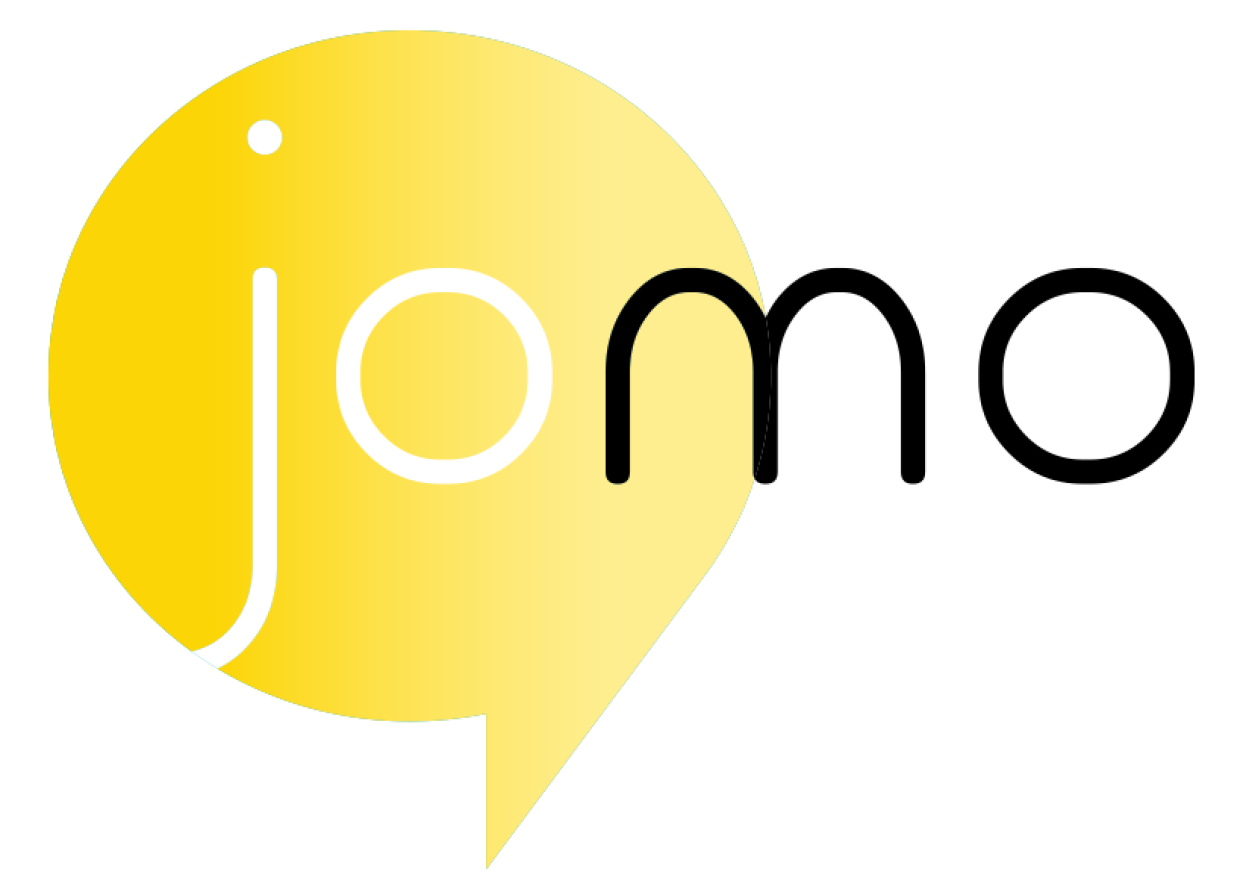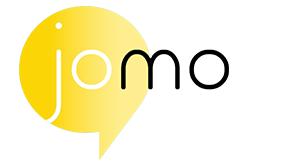Everyone gains from the addition of fresh minds, experiences, and abilities. Maximise your company’s recruitment process and drive your business forward by building teams with people from different backgrounds! A job advert is often a company’s initial contact with a potential employee.
This provides an honest glimpse into the diversity of your organisation. Here are our top 10 tips and suggestions we’ve captured from our conversations with HR and People teams on how to ensure your recruitment messaging and approach to advertising can be unbiased and welcoming.
1. Figure out exactly what it is you need.
Do you require someone who has worked in this capacity before? Do you have the resources in-house to train someone, or do you require an expert?
There is a distinction. Spell out whether the company prefers someone with relevant experience or is open to training new employees.
2. Focus on the skills and attributes needed, not the individual
Prospective applicants need to feel that they are the focus of your attention. They are looking for evidence that your company is actively seeking to build a representative workforce.
More creativity and expert problem-solving occurs in teams with a wide range of skills, perspectives and experiences.
The ability of your team being able to have many people look at a topic from different angles helps reduce the likelihood of any prejudice that might arise in a group setting.
3. A warm welcome to individuals from all walks of life
A vision of the “perfect applicant” may be created in job postings. Because of this, people from underrepresented groups may be deterred from applying.
Make sure that your job postings are accessible to people of all ages, genders, sexual orientations, and abilities. This demonstrates that you are an inclusive workplace and may well attract more qualified applicants.
4. Avoid using language that assumes a certain gender
The number of people interested in applying for a job may decrease with the use of gendered language in job adverts.
Here’s an interesting stat: women are more likely to apply for a position if their skills and experience match the majority or all of a role’s requirements.
Men, on the other hand, are more likely to apply for a position if they satisfy 60% of the requirements.
To increase the number of diverse applicants, state what requirements are essential and what requirements are trainable or nice to have. Also, think about whether the language you choose to describe the candidate’s desired talents and attributes is more masculine or feminine.
Aim to create a balanced job advert and use gender-neutral pronouns like “you” and “they” rather than “he” and “she” to keep it inclusive.
5. Make sure the advert doesn’t appear biased
Expressions like “recent graduate” or “very experienced” should only be used if they accurately describe the requirements of the position. Is this a must-have for the job?
Those without the required degree but relevant industry or work experience may still be an excellent choice. Watch the language you use. Words like “tech-savvy” may put off potential applicants over the age of 30.
Don’t make technical proficiency appear like a need if you can train the successful applicant to upskill in this area.
6. Treat soft skills in equal measure to hard skills
Don’t just focus on the hard skills that can be taught, but also on soft skills like empathy, organisation and relationship management. Look for people who have the ability to learn or adapt quickly and have transferrable skills that can easily be applied to your position.
7. Ensure your job advert is accessible to all
Make the advert legible to those with dyslexia by using a typeface and colour scheme they can easily read. Use bold to draw attention to specific words or phrases in the advert, rather than italics or underlining.
The British Dyslexia Association recommends fonts like Arial and Calibri because they are less distracting.
8. Ensure you are inclusive of workers with disabilities
For your hiring processes to succeed, disability acceptance is essential. Businesses that aren’t inclusive of people with disabilities risk losing many qualified applicants.
Candidates will look elsewhere if they run into problems during the application and interview process or get the impression that your company doesn’t welcome people from different backgrounds.
Make it clear to potential employees that they are valued and welcomed at your company.
9. Keep it simple and lay off the jargon.
Candidates with relevant experience may feel underqualified by the use of business terminology.
They won’t apply if they can’t identify with the language used in your advert. Write each advert as though the target audience has no prior knowledge of your business or sector.
Over 1.5 million people in the United Kingdom have learning difficulties. So, headings, subheadings, and bullet points make it easy to scan the page for information and are especially helpful for candidates who have Autism, Dyslexia or Dyspraxia.
Simplify the application process by using language and a tone of voice that people can relate to.
10. Signpost your commitment to diversity and inclusion.
Forward-thinking businesses will typically highlight their dedication to diversity and inclusion in their job postings.
Inform potential employees that you are working to make your company a more welcoming place to work and point them in the direction of any related projects or reports.
Keep in mind to mention that you welcome applications from different backgrounds! This will help you attract any potential stars in the making.
Here is an example of how we do this on our own job adverts:
Jomo People embrace diversity and truly believe in equal opportunities for all. We believe that inclusion and diversity increases creativity, delivers innovation, improves performance and better serves our customers.
We truly believe in the ethos that companies with greater diversity perform better than those without.
It is for these reasons that all qualified applicants will be considered for employment regardless of age, race, religion, genetic information, sexual orientation, gender identity, parental status, disability, educational background or any other characteristic for that matter that doesn’t relate to your ability to perform the role.
The Jomo Effect
Are you in need of the Jomo Effect? We partner with you to help you build people teams that thrive.
Interested in how we can help? Get in touch with us today!
📱 02922 527 873
📧 hello@jomopeople.co.uk


